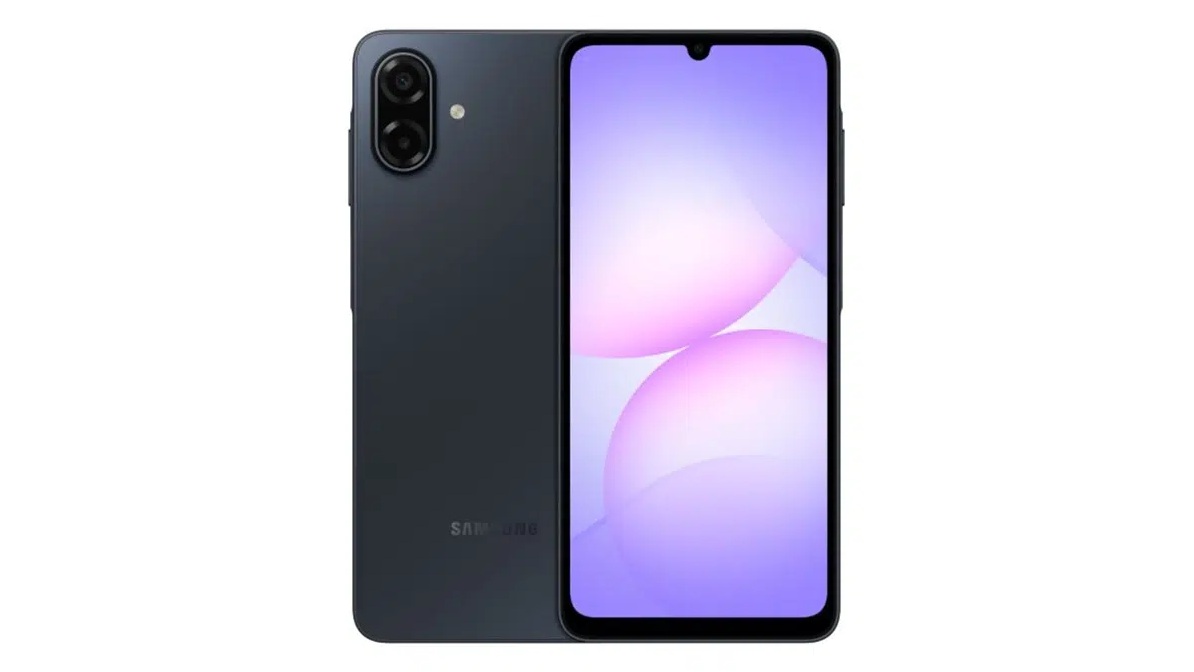Pixel Buds vs. Echo Buds: Which should you buy?
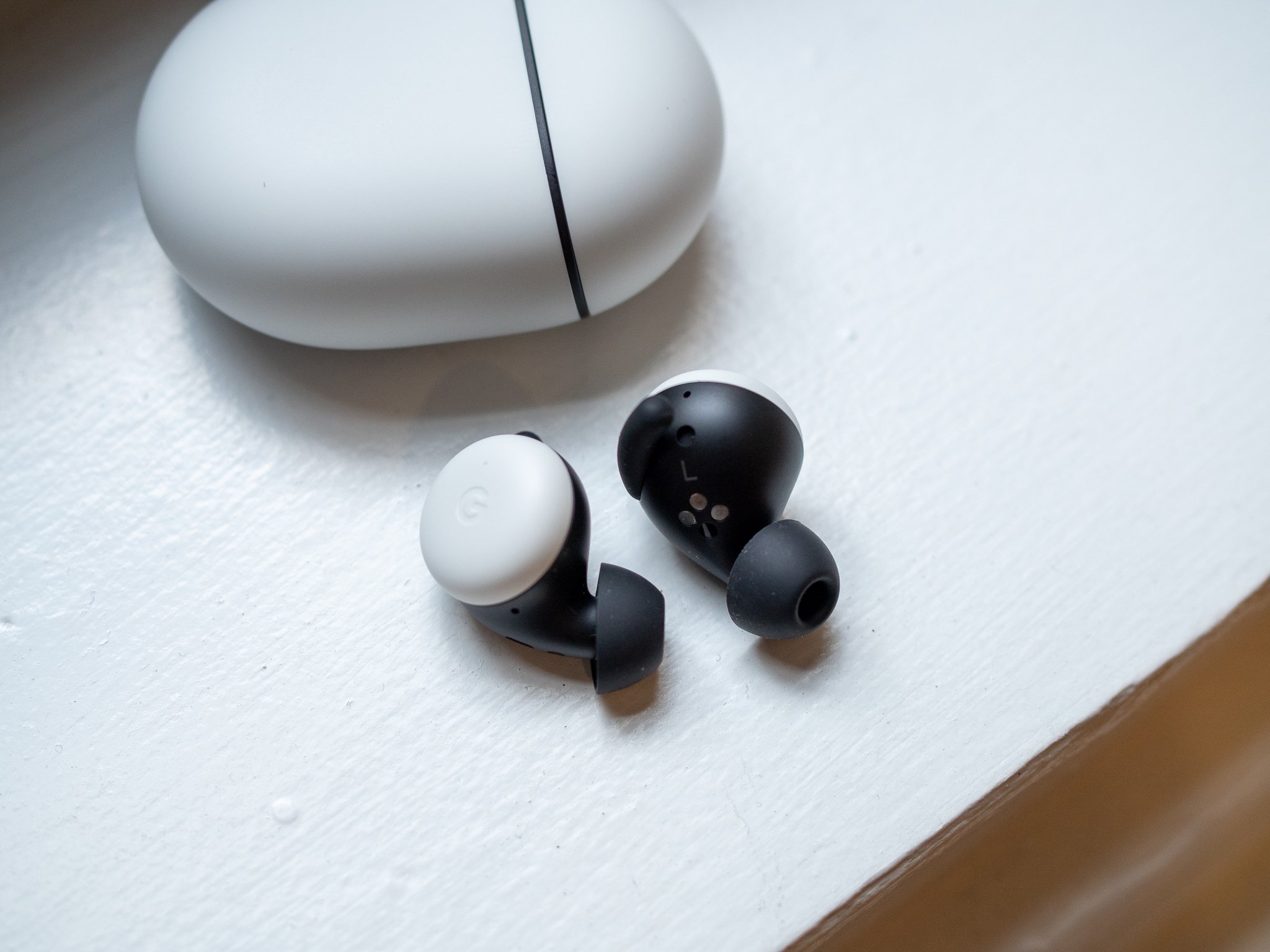
Get the latest news from Android Central, your trusted companion in the world of Android
You are now subscribed
Your newsletter sign-up was successful
Amazon Echo Buds
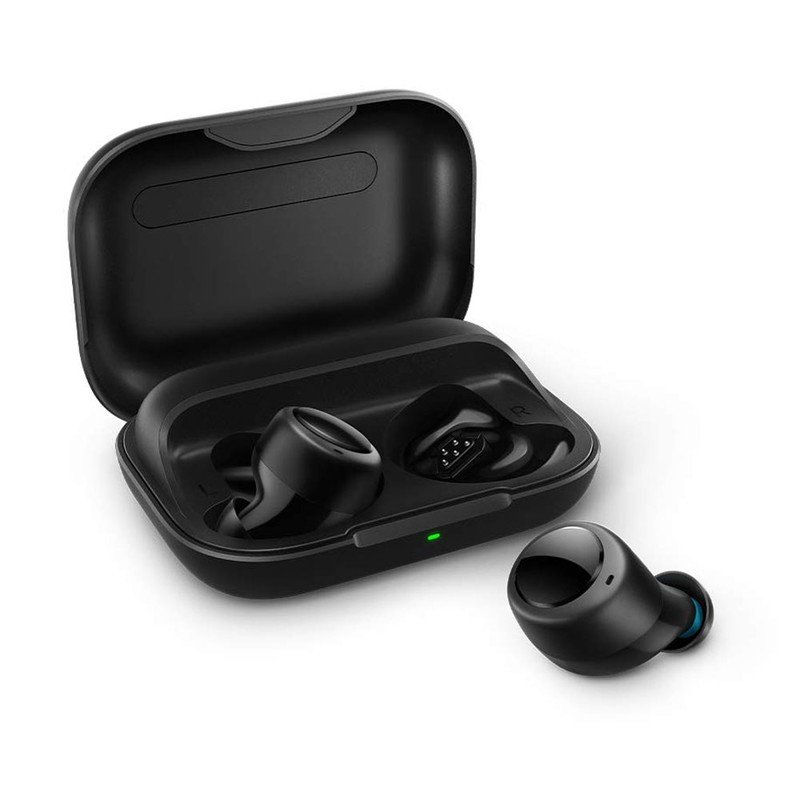
The Amazon Echo Buds have a large feature set considering their price. They have a great, customizable sound, long battery life, and have support for hands-free Alexa.
Amazon Echo Buds
Great value
Google Pixel Buds (2020)
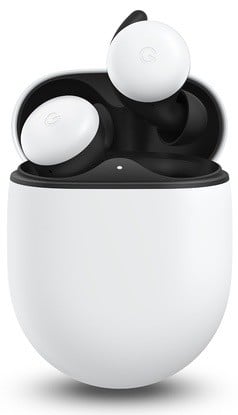
The Pixel Buds are more convenient than the Echo Buds. If you're okay with the non-customizable sound, and worse comfort, the Pixel Buds offers you a smaller overall footprint, USB-C, wireless charging, and hands-free Google Assistant.
Google Pixel Buds (2020)
More convenience
The Echo Buds offer a lot for their price. They nail the essentials while leaving out less important features such as USB-C and wireless charging. Their case is substantially larger than that of the Pixel Buds (2020). However, the Pixel Buds (2020) offer one-tap pairing on Android and access to the Google Assistant hands-free. Plus, it supports wireless charging and USB-C.
Paying more for convenience
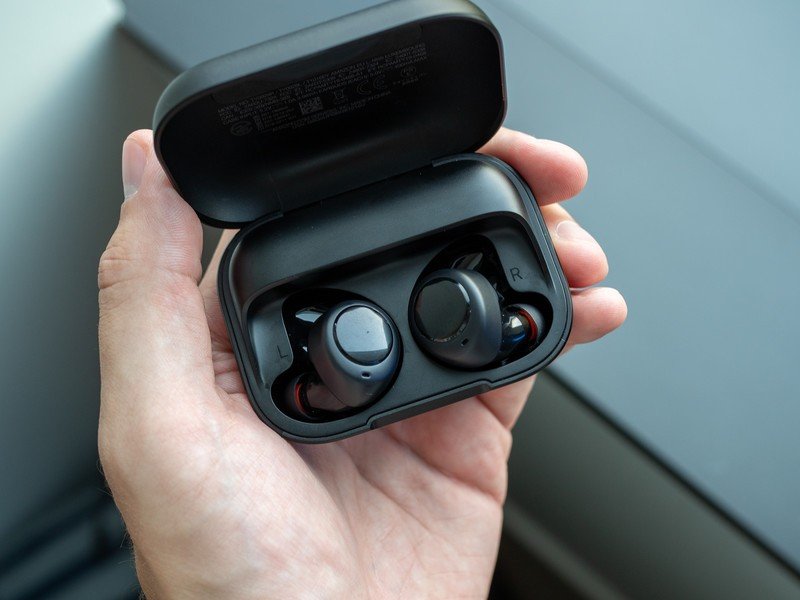
One of the best features on the Echo Buds, especially for their price, is their active noise reduction (ANR) capabilities. To be clear, this isn't active noise cancelation (ANC), which aims to block out absolutely all noise. Instead, ANR tries to be the middle-ground between ANC and passive isolation. It blocks out sounds from cars, trains, and planes, while also simultaneously allowing everything else in. While full ANC would've been welcome here, ANR is great, especially given the price.
The Pixel Buds don't feature any sort of active noise cancelation or noise reduction. They rely on passive isolation, which is decent. You'll still here much of everything around you, especially if you're making a call or playing a podcast. If you want to block out the noise around you, you'll need to crank the volume up.
Comfort is solid on the Echo Buds. You won't have issues with discomfort or fatigue, even after long periods. Unfortunately, we can't say the same about the Pixel Buds. They'll be fine for the first few hours but can get uncomfortable after longer periods. This is mostly due to the wings that are integrated into the buds themselves. The wings aren't all that flexible so they tend to push up against your ear. Both sets of earbuds come with multiple ear tips in the box to help with fit and comfort.
Battery life is nearly identical between the two sets of earbuds with the Echo Buds slightly pulling ahead. Both get five hours of battery life on a single charge, while the Pixel Buds net you an additional 19 hours of juice from the charging case. The Echo Buds net you an additional 20 hours of listening time with their case.
Get the latest news from Android Central, your trusted companion in the world of Android
In terms of how you charge your earbuds, the Echo Buds are using older tech here. The Echo Buds use Micro-USB instead of USB-C for wired charging and lack wireless charging of any sort. The Pixel Buds, on the other hand, feature USB-C for wired charging and support wireless charging. If you're looking to futureproof, the Pixel Buds will be the easy winner here.
| Header Cell - Column 0 | Amazon Echo Buds | Google Pixel Buds (2020) |
|---|---|---|
| Battery life (buds) | 5 hours | 5 hours |
| Battery life (case) | 20 hours | 19 hours |
| Wireless charging | ❌ | ✅ |
| Wired charging | Mirco-USB | USB-C |
| Active noise reduction | ✅ | ❌ |
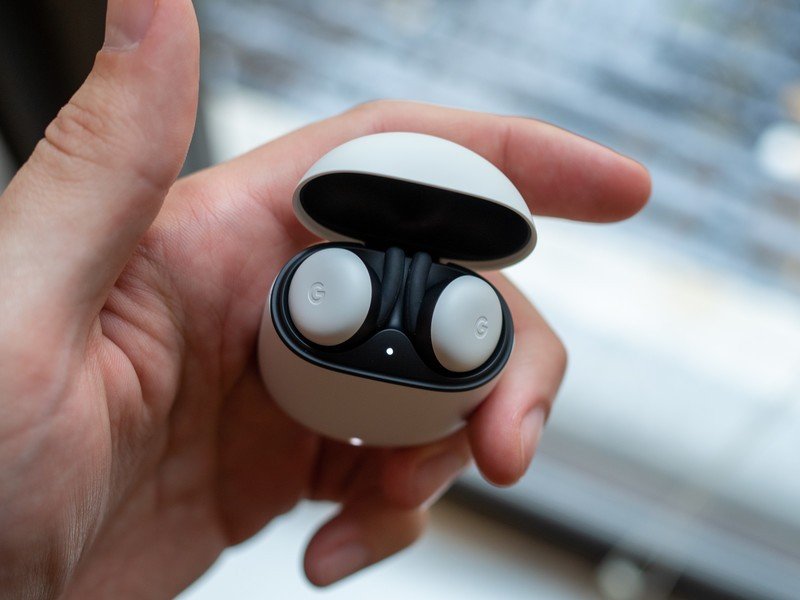
So let's talk about arguably the most important thing when considering earbuds or headphones — sound quality. Both the Pixel Buds and the Echo Buds are bass-heavy, though the Echo Buds' bass is a bit boosted. The midrange on both is pretty balanced, but the treble on the Pixel Buds can sometimes sound hollow and lack in detail and definition. On the other hand, the Echo Buds can sound treble forward, which equates to a slightly harsher sound.
The Echo Buds nail the essentials while leaving out less important features such as USB-C and wireless charging.
Fortunately, the Echo Buds feature a companion app that lets you tweak the sound, somewhat. The EQ lets you tweak the overall bass, midrange, and treble. If there were specific areas in those ranges you wanted to tweak, you're out of luck here. However, some EQ is better than no EQ as the Pixel Buds don't feature an option for EQ at all within their companion app.
To wrap things up, let's discuss voice assistants. The Pixel Buds feature the Google Assistant, which you can toggle via a gesture on the earbuds or via voice by simply saying the trigger word. The Echo Buds feature Amazon's Alexa and it works similarly. You can trigger it by saying the trigger word or via a gesture on the earbuds. There's no clear winner here, and picking a voice assistant is largely a personal preference thing. Plus, you can access the Google Assistant on the Echo Buds by going into the companion app and changing the default voice assistant. Just know that you won't be able to use the Assistant hands-free if you decide to use the Assistant on the Echo Buds.
Ultimately, the decision is pretty clear. Unless you absolutely want/need hands-free Google Assistant, USB-C, or wireless charging from the Pixel Buds, the Echo Buds are the better pick, especially considering their considerably lower price point. Sure, the Echo Buds might feature a substantially larger charging case, but the Echo Buds essentially offer you the same feature set (and a bit more) for a considerably lower price point.

